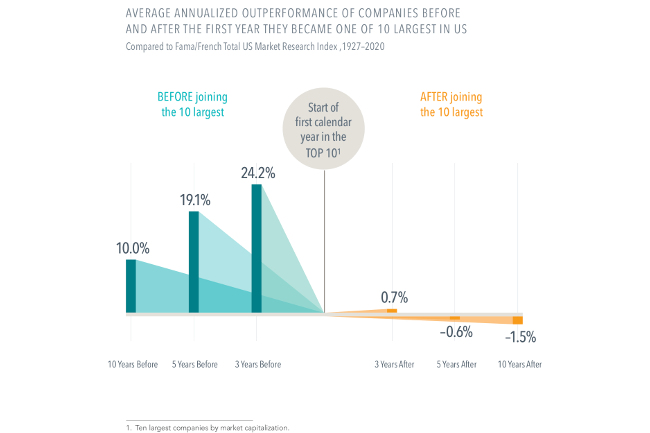For the majority of people, the process of setting goals can be intimidating. Though most of us likely have a list of things we think could positively impact our lives, many of them don’t seem achievable. This feeling of intimidation looms especially large when it comes to goals of a financial nature.
Money isn’t something we talk about often, if at all. Yet we all have a money story – a set of ideas and events that guide our money-related beliefs.
Because discussing money is taboo, we often don’t see that our money story fuels the way we set goals. It’s the framework for what we believe we can achieve.
Unfortunately, our money stories are often negative. We view money as an entity with power – something we have little or no control over. This forces us into a vicious cycle, where we’re intimidated to grow our wealth and set money goals, and continually believe that money does not flow easily to us. If we set any financial goals, we’re less likely to achieve them because we don’t believe we can.
I find it helpful to change our lens when it comes to goal setting. Instead of focusing on money and the negative aspects of our life that you give money the power to change, instead shift your focus to the positive outcomes you’d like to see.
What Does Your Ideal Life Look Like?
One of the hardest parts about working towards our goals can often be determining what they actually are in the first place. In a modern world brimming over with choice and opportunity, how do we decipher what is the right course of action for us?
It’s important to take time and really consider this. Carve out some space in your day, close your eyes, and meditate on this concept: What does your ideal life look like? Do you read more? Do you worry less?
Take money completely out of the equation. Get specific. You deserve a life that leaves you feeling inspired. Are you travelling the world, backpacking across stunning mountain ranges, or watching the stars from a hammock by a lake? Are you with family? Friends? Do you host potlucks during cool springtime evenings on your patio?
By shifting your focus from the negativity you feel surrounding money, or the sense of lack you may be harboring, you free yourself up to focus on the life you truly want.
And yet, this is often where we fall down when it comes to financial goal setting. Our goals are rooted in dollars and cents, not the positive vision we have for our lives.
Money Is A Tool
Lynne Twist, activist and author of The Soul of Money, discusses money as a tool to be used. There’s plenty of it to go around, and it flows naturally to and from us.
Money has no negative power over your life. If we allow ourselves to believe that it does, we stop our ideal life from becoming a reality.
If our financial goals are based on arbitrary numbers, they have no deeper meaning, and don’t motivate us to work toward them.
Once we embrace money has a natural flow, we begin to understand that anything is possible. The ideal life we’ve envisioned is available to us because we know that all we need to do to make our vision a reality is soulfully direct the money in our lives to where we want it to go. Money becomes a resource that moves us toward the life we want.
What Inspires You?
Instead of focusing on money, focus on the goals that inspire you to take positive action in your day-to-day happenings. Go back to envisioning your ideal life. What’s going on in your ideal life that isn’t happening right now? What can you do to start bringing more balance between dreams and reality?
Ask yourself: what do I need to build my ideal life? How can I fit these goals into my daily living right now? I encourage you to write down a list of positive changes you’d like to make. The financial goals you set should help move you toward your ideal life. And the answers might surprise you. Some may be big changes, while others will be small. Some examples might be:
- Volunteer at a local animal shelter
- Spend more time with family and friends
- Travel
- Be in nature more often
- Help a family member achieve their goals
If your ideal life involves more time with family, the financial goal that moves you toward that life could be finding a new job with more flexible hours, better pay that funds family events, or one with a shorter commute.
If your ideal life puts you in nature more often, your financial goal could be as simple as creating a budget that prioritizes time spent hiking or camping. Maybe this new budget takes funds away from expenses that move you away from that goal – like a cable bill, or eating out in the city every weekend.
Whatever your ideal life looks like, money is a tool that can help you get there. A financial strategy key to help make the life you’re envisioning a reality.
If you want to discuss how to set financial goals that fill your life with the things that inspire you, let’s talk.







